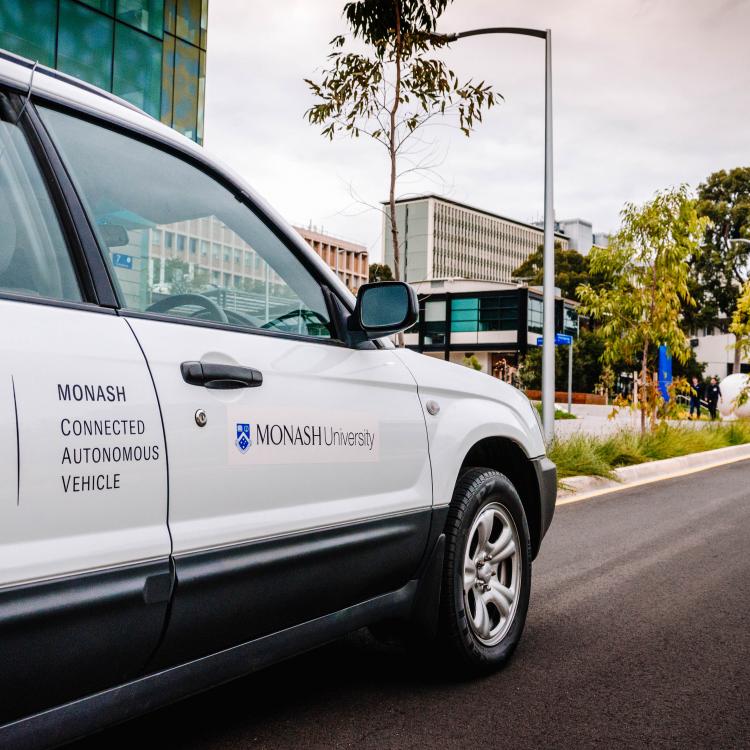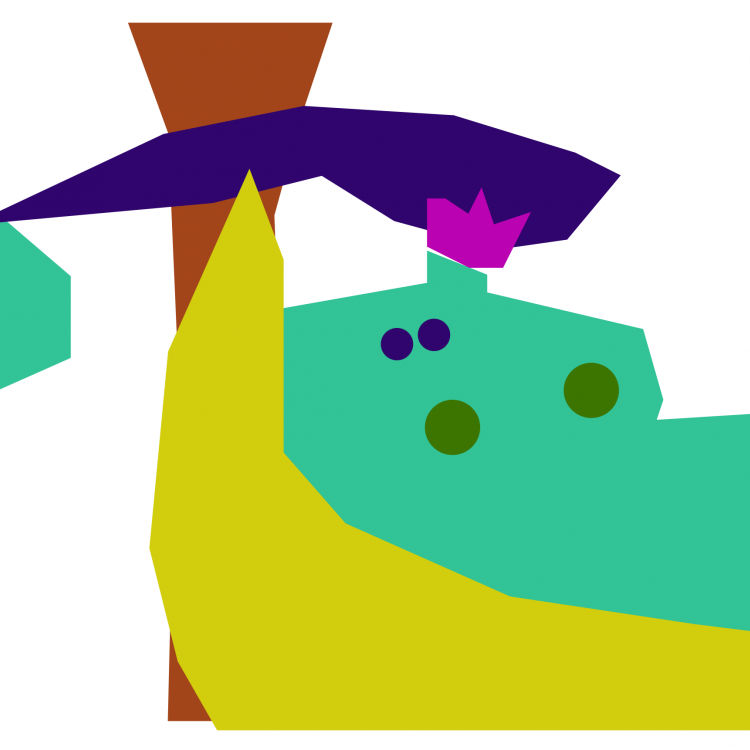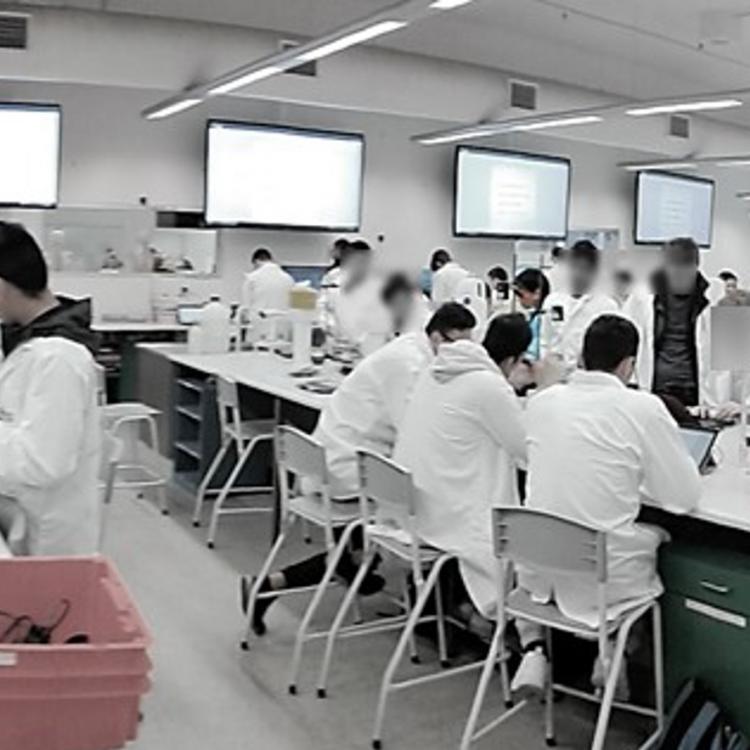Testing self-driving cars is extremely difficult, as one has to account for a very large space of possible scenarios. In this project, we will explore the application of automated testing techniques, mainly in the area of search-based software testing to verify that the AI components of self-driving cars work as they should. This project is in collaboration with Professor Hai Vu and the Monash Connected Autonomous Vehicle (MCAV) team.
Research projects in Information Technology
Displaying 171 - 180 of 198 projects.
Adversarial Machine Learning for Structured Data
Adversarial Machine Learning (AML) is a technique to fool a machine learning model through malicious input. Due to its significance in many scenarios, including security, privacy, and health application, AML has attracted a large amount of attention in recent years. However, the underlying theoretical foundation for AML still remains unclear and how to design effective and efficient attack and defence algorithms are remain a challenge in the research community. Furthermore, most existing AML algorithms can only apply to Euclidean space.
Advanced statistical inference and machine learning for neural modelling, monitoring and imaging
The brain is a complex system and monitoring and imaging methods to observe critical neurophysiological variables underlying brain function are limited. This project works at the intersection of statistical signal processing, inference, machine learning and dynamical systems theory to develop new semi-analtyical filtering approaches for state and parameter estimation to infer neurophysiological variables such as network connection strengths between neural population networks underlying brain activity.
Improving the usability of constraint-based layout for UI development in mobile apps
When designing user interfaces, developers want to be able to position objects in a structured way such that controls are clear and neat. In the past, absolute positioning and grids have been used for this purpose. However, such rigid layout doesn’t now allow adaptive layout for interfaces that run on a variety of screen sizes or that need different control sizes due to application being internationalised into foreign languages. For this reason, Apple introduced constraint-based GUI layout under the name Auto Layout for iOS developers. With Auto Layout developers specify constraints…
Reimagining digital publishing for technical documents
Digital versions of technical documents, like textbooks and academic papers, are usually produced as static PDF files. Research has shown that working with these on electronic devices is frustrating and inefficient, partly because people do not read such documents in a linear fashion as they do novels.
Automatic Generation of Graphics for People Who Are Blind
This PhD project will investigate how existing book contents (text and graphics/animations) can be automatically translated into accessible eBook formats with minimum human intervention. It will be part of the Books for the Vision Impaired and the GraVVITAS frameworks (www.monash.edu/it/inclusive-tech). The project will employ computer vision, image processing and human computer interaction techniques. It may also include hardware development of wearable assistive devices that use audio and haptic feedback.
Digital analytics for classroom proxemics (indoor positioning)
I am seeking PhD candidates interested in working on designing Learning Analytics innovations to study classroom proxemics by analysing and visualising indoor positioning data (along with other sources of evidence such as audio, physiological activity and characteristics of the students).
Monitoring health and wellbeing of seniors using unintrusive sensors
Caring for the elderly is a growing challenge for Australian society. This project addresses concerns regarding the wellbeing of seniors living at home by modeling their daily routines to detect significant changes due to functional decline or the onset of illness. The project will employ data provided by a partner company in the aged-care sector.
Neural speech-to-text translation
In this project, we are interested to translate speech to text. This can be used for translating a speaker who speaks in French to English in order to make it understandable by an English speaking person.
There are various aspects to this project, including (but not limited to): (i) handling multi-modal speech and text data, and (ii) producing simultaneous translations. This project involves innovating interesting models to address different aspects of this problem (eg [1,2]).
Context-Dependent Neural Machine Translation
The meaning of an utterance depends on the broader context in which it appears. The context may refer to the paragraph, document, conversational history, or the author who has generated the utterance. In this project, we develop effective methods for translating text using the context, e.g. the rest of the sentences in the document or the conversational history.



